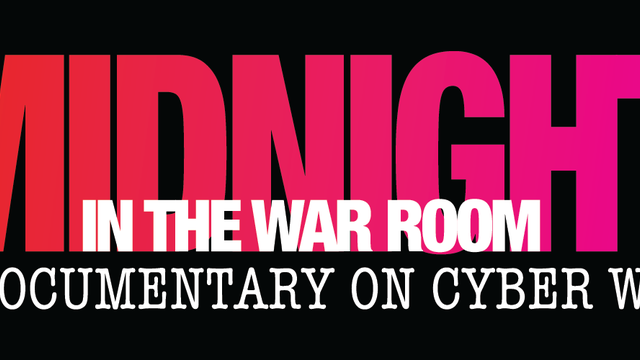

In the realm of New Zealand's cybersecurity landscape, experts have pinpointed the following four major roadblocks to bolstering government cybersecurity, as revealed from the poll findings at the 2022 Cyber Security New Zealand Showcase:
Budget Constraints: Cybersecurity necessitates investments in technology, training, and resources. Government entities frequently grapple with budget limitations, posing a challenge in adequately funding all cybersecurity imperatives. Cyber leaders must strategically allocate and optimise their limited resources to fortify defenses.
The Skills Shortage: New Zealand confronts a dire shortage of cybersecurity expertise, which poses a substantial threat to digital infrastructure and national security. The surging pace of technological advancements and the increasing frequency of cyber threats have surpassed the available talent pool. This scarcity impacts multiple government agencies, hindering their ability to effectively counter cyberattacks, safeguard sensitive data, and respond to incidents. Addressing this skills gap demands investment in cybersecurity education and training, attracting and retaining proficient professionals, and fostering partnerships across government, academia, and industry.
Security Culture: Instilling a robust cybersecurity culture within the New Zealand government is pivotal for safeguarding critical infrastructure, sensitive data, and public trust. As cyber threats become more frequent and sophisticated, proactive measures are imperative to shield digital assets. Cultivating this culture entails comprehensive training programs, stringent security protocols, and routine risk assessments. By prioritising cybersecurity in the organisational culture, government agencies can ensure the confidentiality, integrity, and availability of their systems and data. A robust cybersecurity culture boosts awareness among government employees, encouraging secure practices and vigilance against potential threats.
Infrastructure/Technology Challenges: The expanding web of interconnected government systems and the proliferation of Internet of Things (IoT) devices present formidable cybersecurity hurdles. Safeguarding this intricate ecosystem demands robust security measures and continuous monitoring.
Supply Chain Risks: Government reliance on third-party vendors and suppliers for various services and technology solutions introduces supply chain vulnerabilities. Effective risk assessment and management are paramount.
Coordination and Collaboration: Cyber threats often transcend organisational boundaries, necessitating effective coordination and collaboration among government agencies, law enforcement, and relevant stakeholders. Building partnerships and sharing information are integral to enhancing the overall government cybersecurity posture.
Cyber security experts don't forget to SAVE THE DATE for 9th of November in your diary. Register your team's attendance now, registration is complimentary for members of the public sector: don't miss the opportunity to attend Cyber New Zealand Showcase 2023, network with peers and hear exclusive use-case studies and keynote presentations from our speaker faculty of cyber thought-leaders.

































